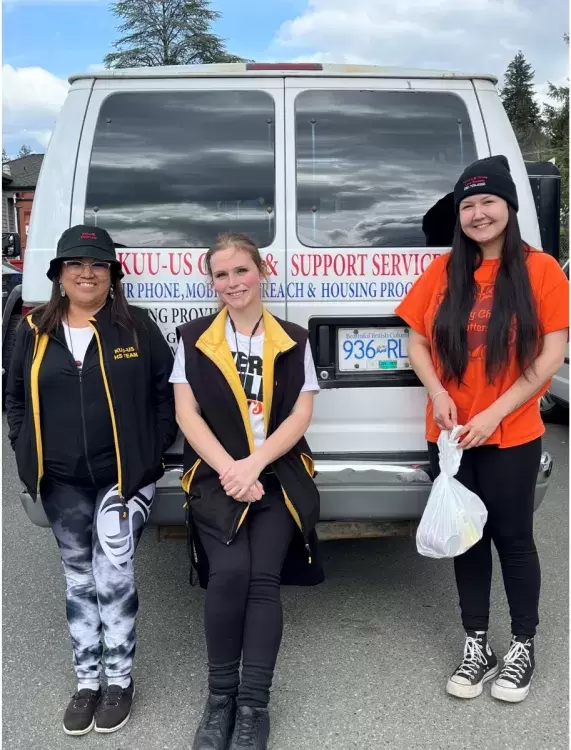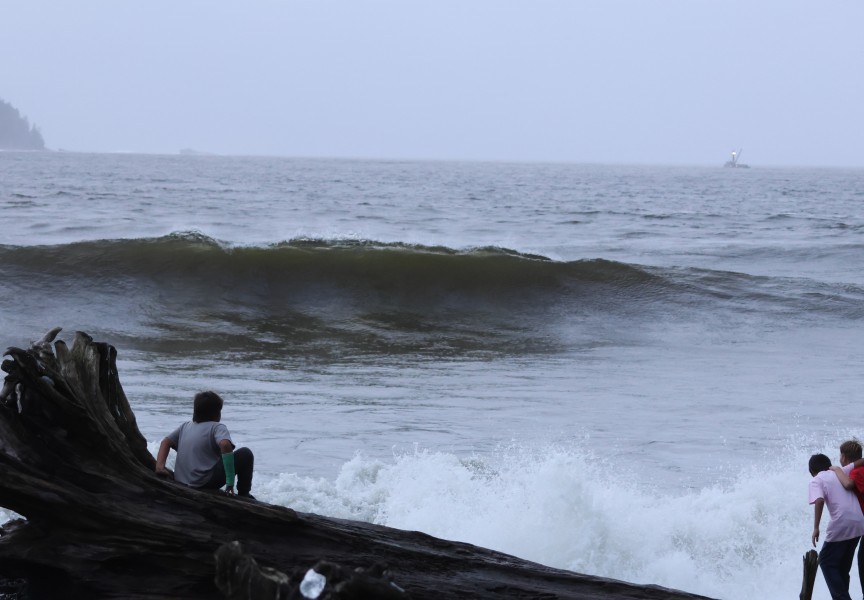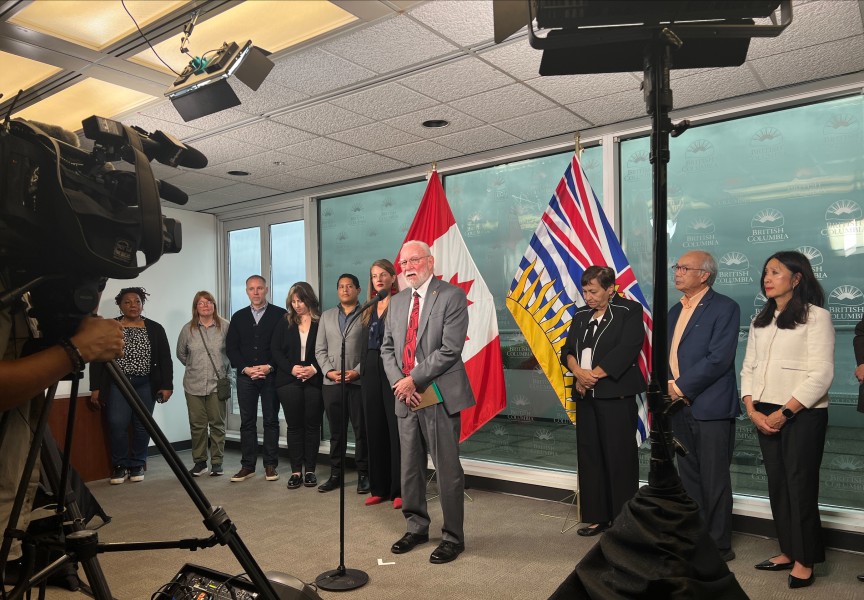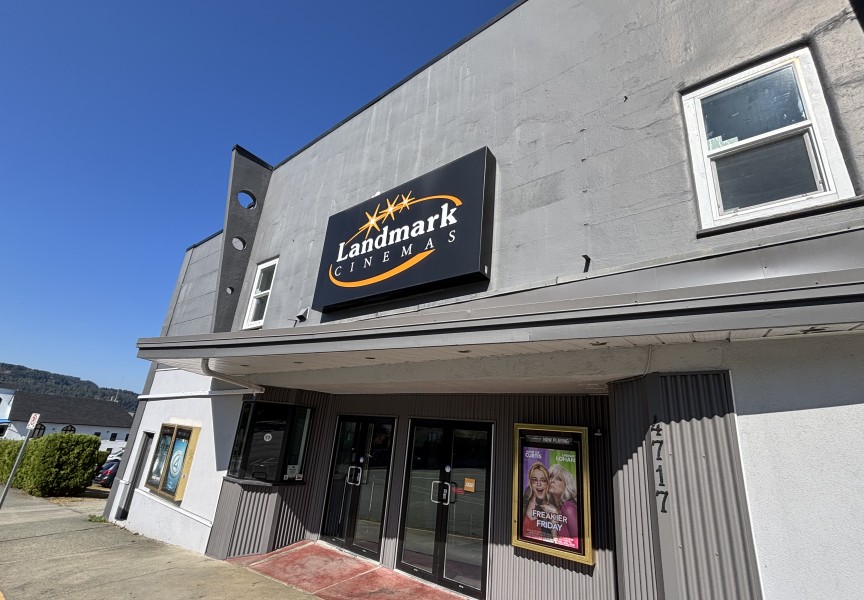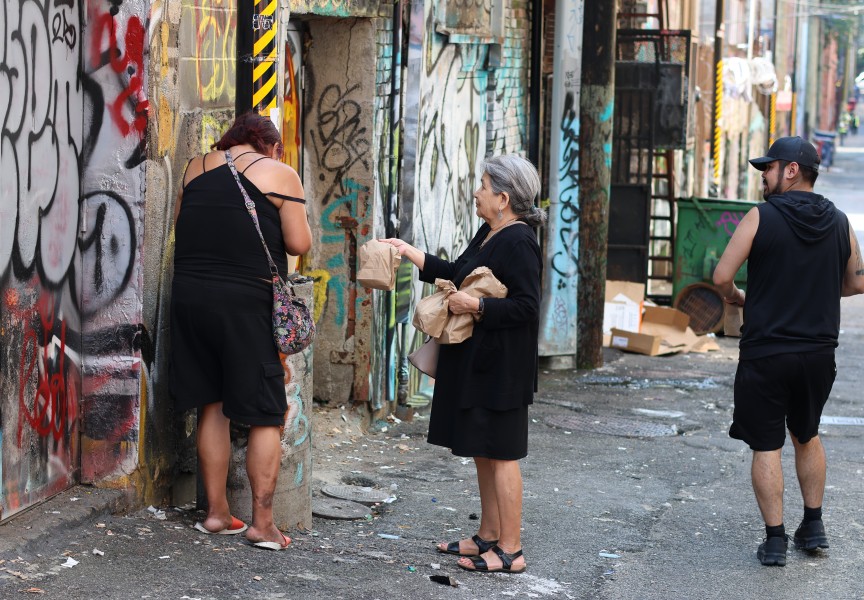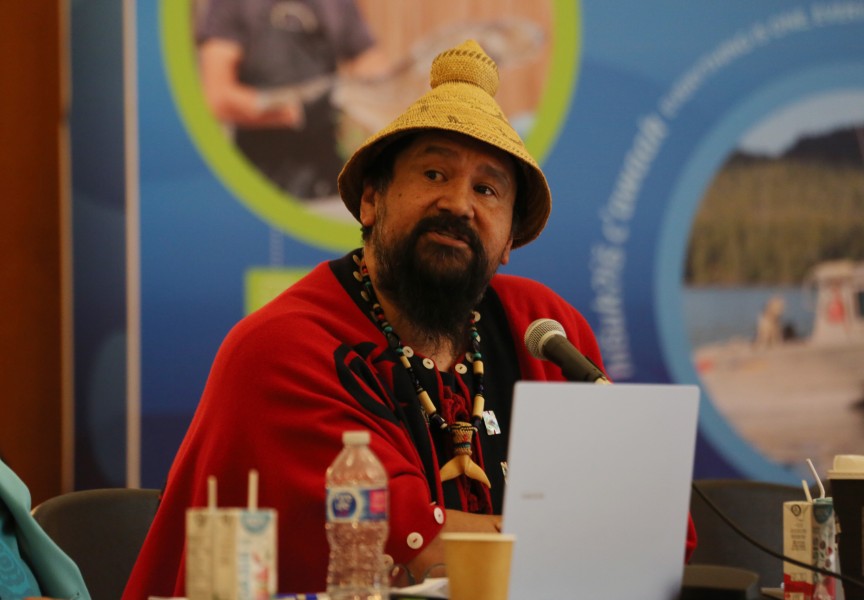KUU-US Crisis Line Society has brought on new cultural support workers to assist Indigenous individuals and have expanded their West Coast outreach services to reach more remote communities.
The non-profit registered charity has also added to their advocacy and youth cultural services, in partnership with the Nuu-chah-nulth Tribal Council’s (NTC) Family and Child Services Department.
“We have secured a contract with Community Living BC (CLBC) to provide daily individual support for one of our communities most vulnerable Indigenous clients and are continuing to work with CLBC to increase these services through KUU-US,” said KUU-US Crisis Line Society associate director Cindy McAnerin and executive director Colin Minions in an emailed statement to Ha Shilth Sa.
Three new cultural support workers are now part of the KUU-US team who provide clients with access to practices to aid and advocate in their wellness.
“Our cultural support workers are out in the community and supporting client’s literally where they are at,” McAnerin and Minions wrote. “Our cultural support workers facilitate a youth cultural group at our site to provide Indigenous foods and cultural teachings/practices to encourage our youth to embrace their history and culture. We work in partnership with NTC’s Family and Child Services to provide these supports for our local youth.”
KUU-US Crisis Line Society was established in 1993 after several suicide attempts among Indigenous youth. During a community meeting held by various Nuu-chah-nulth members, front-line workers, counsellors and the general public, the idea for a 24-hour crisis line was established.
The 24-hour crisis line provides support to callers in Port Alberni as well as Indigenous people throughout B.C. Once the issue for support has been identified, the level of severity for call handling is determined. The goal is to establish a non-judgmental approach to listening and problem solving.
The crisis phone operators asses the need for outreach services, which provide one-on-one support for those requiring emotional stabilization, medical risk assessment and Critical Incident Stress Management (CISM).
During the 2022-2023 fiscal year, the KUU-US Crisis Line provided supported people 9,105 times over their phone lines. The society provided support for basic needs and covid supplies—which includes weather provisions, clothing, shoes, blankets, pillows and personal protective equipment—5,267 times in the Alberni Valley and 4,732 to West Coast communities. There were 4,359 food hampers dispersed during the year.
Also under their umbrella of support services, KUU-US offers those experiencing homelessness, or at risk of homelessness, with help finding housing. Their program Putting Hope Back in Home provides supportive housing to tenants as well as help for a personalized care plan to aid those in need in finding permanent housing.
McAnerin and Minions said KUU-US continuously struggles to support clients to secure suitable and stable housing in the Alberni Valley.
There is an increased need for supported transitional housing for those that attend treatment facilities and return back to the community, they said.
Another trend the society has noticed recently while providing supports is an increase in the toxic drug supply and those living with mental health challenges.
“We definitely see a need for rapid access to detox centres and treatment facilities. There is an increased need for trauma-informed treatment centres with strong cultural supports,” McAnerin and Minions said. “KUU-US is seeing an increase in nations, agencies and teams working together to develop action plans to support the toxic drug crisis that is affecting our families, loved ones and community as a whole.”
To further support those in need, the society is working towards opening KUU-US Café and Gifts, which will be a profit for non-profit, with any proceeds made being put back to the society to provide for those in need. The café and gift store will also be used to provide training and employment opportunities for individuals ready to take on new learning opportunities.

